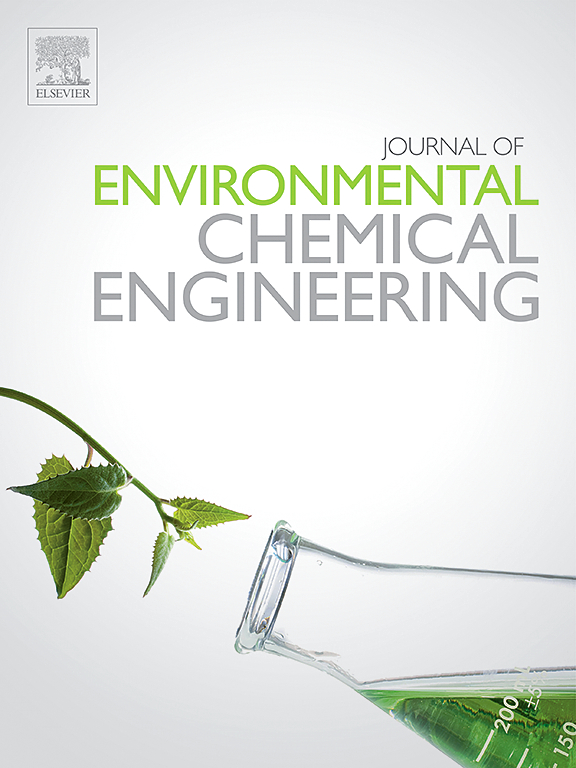Hydrogen production from plastics: A comprehensive review of thermochemical pathways, process optimization and sustainability insights
IF 7.4
2区 工程技术
Q1 ENGINEERING, CHEMICAL
引用次数: 0
Abstract
Plastic waste accumulation has become a major environmental challenge, prompting interest in advanced recycling technologies that can recover value from non-recyclable streams. Among these, thermochemical processes for hydrogen production offer a compelling route for both waste management of heavily contaminated streams and clean energy generation. This review provides a comprehensive overview of hydrogen production from plastic waste through catalytic gasification, pyrolysis-reforming, and pyrolysis-chemical vapor deposition. Following an overview of these thermochemical routes, the review examines how process parameters - such as plastic feedstock, catalyst type, reactor configuration, temperature, and oxidant input- affect hydrogen yield and co-product formation. Further, environmental and techno-economic assessments are discussed to evaluate the feasibility and scalability of each approach. By consolidating current advances and identifying key research gaps, this work aims to guide future developments toward viable and sustainable hydrogen production from plastic waste.
塑料制氢:热化学途径、工艺优化和可持续性见解的全面回顾
塑料废物积累已成为主要的环境挑战,促使人们对先进的回收技术产生兴趣,这些技术可以从不可回收的流中回收价值。其中,用于制氢的热化学过程为严重污染溪流的废物管理和清洁能源生产提供了一条引人注目的途径。本文综述了塑料废弃物通过催化气化、热解-重整和热解-化学气相沉积制氢的研究进展。在对这些热化学路线进行概述之后,本文考察了工艺参数(如塑料原料、催化剂类型、反应器配置、温度和氧化剂输入)如何影响氢产量和副产物的形成。此外,还讨论了环境和技术经济评估,以评估每种方法的可行性和可扩展性。通过巩固目前的进展和确定关键的研究差距,这项工作旨在指导未来的发展,使塑料废物成为可行和可持续的氢气生产。
本文章由计算机程序翻译,如有差异,请以英文原文为准。
求助全文
约1分钟内获得全文
求助全文
来源期刊

Journal of Environmental Chemical Engineering
Environmental Science-Pollution
CiteScore
11.40
自引率
6.50%
发文量
2017
审稿时长
27 days
期刊介绍:
The Journal of Environmental Chemical Engineering (JECE) serves as a platform for the dissemination of original and innovative research focusing on the advancement of environmentally-friendly, sustainable technologies. JECE emphasizes the transition towards a carbon-neutral circular economy and a self-sufficient bio-based economy. Topics covered include soil, water, wastewater, and air decontamination; pollution monitoring, prevention, and control; advanced analytics, sensors, impact and risk assessment methodologies in environmental chemical engineering; resource recovery (water, nutrients, materials, energy); industrial ecology; valorization of waste streams; waste management (including e-waste); climate-water-energy-food nexus; novel materials for environmental, chemical, and energy applications; sustainability and environmental safety; water digitalization, water data science, and machine learning; process integration and intensification; recent developments in green chemistry for synthesis, catalysis, and energy; and original research on contaminants of emerging concern, persistent chemicals, and priority substances, including microplastics, nanoplastics, nanomaterials, micropollutants, antimicrobial resistance genes, and emerging pathogens (viruses, bacteria, parasites) of environmental significance.
 求助内容:
求助内容: 应助结果提醒方式:
应助结果提醒方式:


